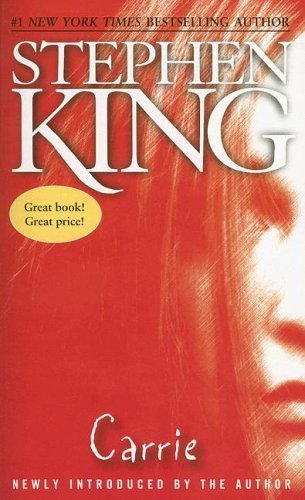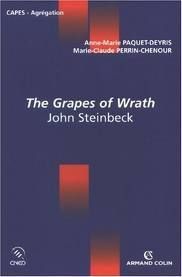The Journey of Writing a Novel
Challenge of Losing Confidence
I am writing a novel. Sometimes, I struggle with imposter syndrome when I compare my work with that of other bestselling authors and feel my writing falls short. I started saying things to myself like: Why did I ever think this was a good idea? The plot is so predictable, and the characters feel flat. No one is going to want to read this, let alone enjoy it. Maybe I’m just not cut out for this. This story has been done before. What’s the point of writing it again? I should just quit now before I embarrass myself. Who do I think I am, calling myself a writer? I can’t even get this one scene to work. If I can’t do that, how can I possibly finish the whole book? Every other writer I know is so much better than me. I’ll never measure up.
This blog is about self-doubt and losing confidence, a struggle that every writer faces at some point in their journey. The voice in our head can be relentless, picking apart every sentence, every plot point, until we’re convinced we should just give up. But here’s the thing – this voice isn’t telling us the truth.
Self-doubt can creep in at any writing stage, convincing you your story isn’t good enough. What’s fascinating is how universal this experience is, even among the literary giants we admire. Neil Gaiman once shared how he felt like a fraud despite his success. He recounted a conversation with another “Neil” (Neil Armstrong), who admitted feeling similarly out of place in his achievements. Stephen King initially threw away the manuscript for Carrie, convinced it wasn’t good enough. His wife rescued it from the trash, encouraging him to continue. Sylvia Plath often struggled with comparing herself to other poets, which added to her sense of creative insecurity despite her immense talent. George R.R. Martin has spoken about the pressure of finishing A Song of Ice and Fire and the accompanying fears of disappointing his audience. John Steinbeck, despite his literary acclaim, wrote in his journal during the creation of The Grapes of Wrath that he thought the book would be a failure.
What I’ve learned through my own writing journey is that these moments of doubt often coincide with periods of growth. When we push ourselves beyond our comfort zones, trying new techniques or tackling challenging scenes, that’s when the uncertainty hits hardest. But these are also the moments when we’re leveling up as writers, even if it doesn’t feel that way at the time.
If you can recognize even successful authors feel this way, it’s a sign you care about your craft. I keep a “confidence file” of positive feedback or accomplishments to revisit during tough times. This practice has been a lifeline during particularly difficult writing sessions. Sometimes, just reading a kind comment from a beta reader or remembering a scene I wrote that I’m proud of can help me push through the doubt.
You need to remind yourself that no book pleases everyone, and that’s okay. I’ve had to learn this lesson repeatedly. Some readers will connect deeply with your work, while others might not – and that’s true for every author, from debut novelists to seasoned bestsellers. It’s very important to separate yourself from your work; criticism is about the writing, not your worth as a person.
Celebrate your unique voice. No one can tell your story the way you can. I’ve found that the very things I sometimes worry about make my writing “different” are often what readers connect with most. Those personal experiences, perspectives, and quirks that feel risky to put on the page? They’re what make your story authentically yours.
Focus on improving your craft rather than competing. Writing isn’t a race. Each day you sit down to write, you’re developing your skills, finding your voice, and bringing your story to life. Some days, the words flow easily, and others feel like pulling teeth. Both kinds of days count as progress.
The key is to keep writing despite these feelings, knowing they are part of the creative journey. Remember that comparison is the thief of joy. Instead of measuring yourself against other writers, try to channel that energy into curiosity about their process. What techniques can you learn from them? How can you adapt their strategies to serve your own unique story?
Celebrate small milestones, seek feedback from trusted peers, and remind yourself that every great writer started somewhere. Every published book began as a rough first draft, full of uncertainty and possibility. Your story deserves to be told, and the only way to tell it is to keep writing, one word at a time, even when the doubt tries to convince you otherwise.
I want to give a quick shout-out to PLOTTR software. I’ve found it has really improved my writing game and increased my efficiency tremendously. It is my new favorite writing aid. Use any of my affiliate links below and I might get a small commission. Thanks.
Check out my YouTube channel for PLOTTR videos @jlnichauthorsff
Joseph Michael’s Learn Scrivener Fast e-course
Please read and review my serial publishing novel, Sparrow’s Legacy, on Kindle Vella. You can read the first three chapters free on Amazon by searching for “Sparrows Legacy Kindle Vella” or clicking here. I. Please subscribe to my website if you want to be notified when I’ll be publishing or to get free samples of my work.
JL Nich, Science Fiction Fantasy Author






